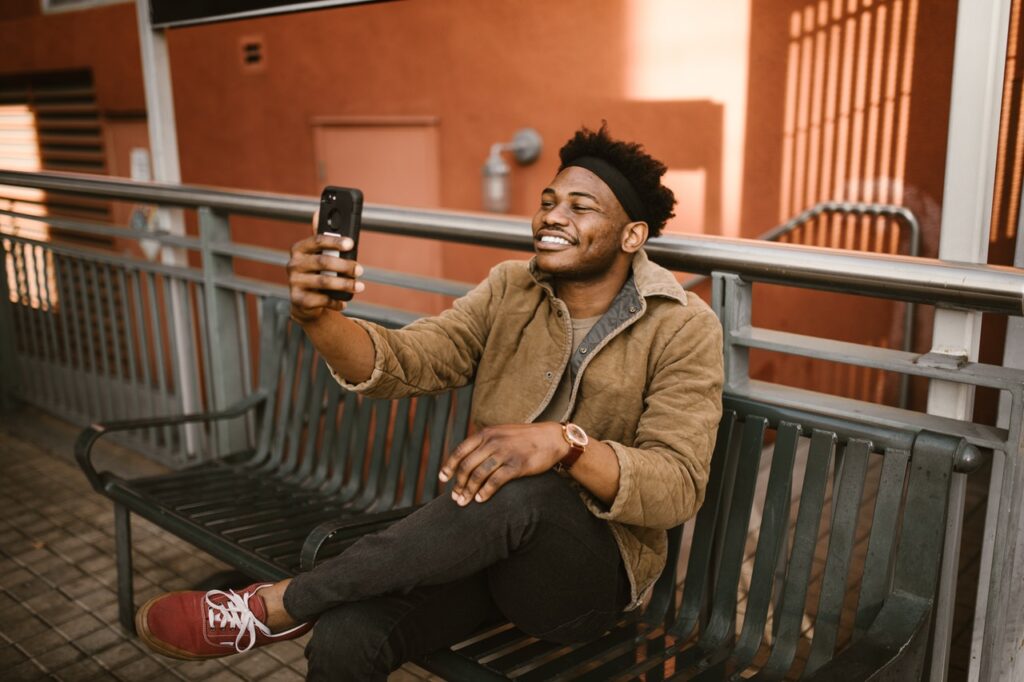
After being separated by travel restrictions and home responsibilities during the pandemic, my three closest friends and I were tasked with maintaining our relationship despite being states – and in one case continents – apart.
At first, we made an effort to Zoom weekly, but as life caught up to us, cancellations became more frequent. While seeing our future plans dissipate, I found myself seeking validation that we were still close. I sent texts daily (a stark contrast from my previous habit of one message a week) and felt a crushing disappointment when I received sporadic responses from my friends.
Amid the distance, I began to feel doubt that our relationship would ever be as close as it once was. I started to regret taking a job in northern California instead of moving in with my friends, an unrealistic idea we had once tossed around in a moment of intense loneliness.
I had always thought these women would be my maids of honor, my support system through all the changes that come with being in your 20s.
Now, a year after the pandemic disrupted our friendships, we have begun to rebuild our relationship. Our bond has shifted, and we aren’t metaphorically or literally attached at the hip anymore. We continue to communicate on a more manageable weekly basis, and have embraced our circumstances with the knowledge that distance does not define our friendship.
We’re stronger knowing that our friendship can survive a pandemic. Here are a few ways we’ve maintained friendships despite our many miles apart.
Texting embargos
One month after I moved, my friends and I had become serial texters. Before the pandemic, texting was just a fun supplement to real life, but now it was our whole interaction.
Unfortunately, our friend group consists of notoriously bad texters. It once took three weeks to get a text back from Kate, my friend from Oregon. Lilly is in Hong Kong, which means her messages come in at 4:00 a.m. Meghan uses emojis and memes as a response for everything.
While my texting was certainly proficient in quantity, the quality was definitely lacking. I found it difficult to properly convey my emotions and intentions in a few short sentences. I desperately wanted to be someone who could be a good friend via emojis and reaction gifs, but that wasn’t me.
Two months into the pandemic, we had an emergency Zoom call to discuss what we were affectionately calling text-ageddon. Text was killing our friendship, so we decided to switch to calling instead of texting as our main communication.
Standing date nights
After months without social interaction, I was slowly transforming into a pile of sweatpants and Cheetos-dust. I needed to see my friends ASAP, not just hear their voices. But, when they tried to arrange a Zoom call, I was working, and when I attempted a FaceTime, they were with family.
It felt like we were fumbling every pass we threw to each other.
That’s why we created a standing “date night.” On the first weekend of every month, we FaceTime each other and watch terrible movies from the ’80s. No matter what, we’ll be there, surrounded by a cozy blanket and debating the cuteness of Patrick Swayze in “Dirty Dancing.” It’s a form of light entertainment that keeps our relationship fun during a time when we’re leaning on each other heavily. It also helps remind us why we bonded in the first place: we genuinely enjoy spending time with each other.
(Virtual) hobbies
Before the pandemic, my friends and I always tried new activities, like hot yoga or karaoke. We even took a circus class once, collapsing in laughter at our sloppy swan poses. With our weekly adventures postponed due to the pandemic, I felt like we had lost a core part of our friendship.
In August, I created a chess nonprofit for underprivileged girls and decided that I could use some help.
At first, I was scared to reach out to my friends as I knew they were busy, but they were more than happy to get involved once I asked. Sure, spending time working together wasn’t as hilarious as watching each other hang precariously on a red piece of fabric in circus class, but it gave us a way to grow together.
Since then, we’ve picked up tons of virtual hobbies like creating a podcast on Cappuccino, taking virtual dance classes, and attending an online Kahoot trivia night. It’s not the same as an in-person interaction, but it’s pretty close.
Shared calendars
When my friends forgot my birthday during quarantine, I was livid.
I had a scathing text ready to send, which included many passive-aggressive heart emojis when I realized that I had always talked about my birthday when we were together. This year, I hadn’t.
So I gently reminded them through an Instagram post with the location tag ‘birthday shenanigans,’ and the texts came pouring in.
To avoid another birthday-gate, we created a Google calendar that reminded us of each other’s major life events. Every anniversary, birthday, religious holiday, and milestone is there. It’s been a lifesaver.
When my friends and I can see each other again, I hope our relationship will be even stronger because of the challenges that we have faced together. For now, I’m going to continue to adapt to this unprecedented situation, and embrace the new landscape of our friendship with an open mind.